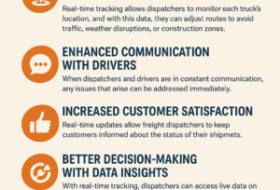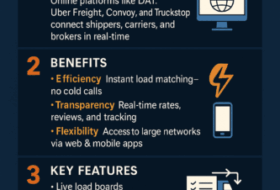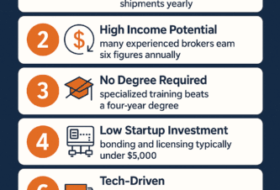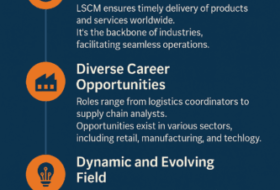The Freight Brokerage Market has witnessed significant growth in recent years and is expected to grow by USD 15.95 billion from 2022 to 2027. The presence of free trade agreements (FTAs) and trade blocs at a global level is driving this growth.
Freight brokerage, also known as third-party logistics (3PL), involves arranging for the transportation of goods between shippers and carriers. The freight broker acts as an intermediary between the two parties and provides a range of services, including negotiating rates, coordinating shipping logistics, and managing paperwork.
The Freight Brokerage Market can be segmented into two categories: Service type and mode of transportation.
Service Type: The service type can be further divided into the following categories:
- Transportation Management
- Warehousing and Distribution
- Freight Consolidation
- Customized Logistics Solutions
Mode of Transportation: The mode of transportation can be further divided into the following categories:
- Roadways
- Railways
- Airways
- Waterways
- Key Drivers and Challenges
- Key Drivers
The Freight Brokerage Market is being driven by the following key factors:
- The growth of the e-commerce industry, which has led to an increase in demand for logistics services.
- The presence of free trade agreements (FTAs) and trade blocs at a global level, which have reduced trade barriers and opened up new markets.
- The increasing adoption of technology, such as transportation management systems (TMS) and warehouse management systems (WMS), which has improved operational efficiency and reduced costs.
- The growing demand for customized logistics solutions that can meet specific business requirements.
The Freight Brokerage Market is facing the following challenges:
- The increasing competition among players in the market, which is leading to pricing pressures.
- The rising fuel prices, which are increasing the operating costs for carriers and affecting profit margins.
- The shortage of drivers in the trucking industry, which is leading to capacity constraints and delays in deliveries.
- The increasing regulatory compliance requirements, which are adding to the administrative burden of freight brokers.
Future Outlook:
The Freight Brokerage Market is expected to grow at a compound annual growth rate (CAGR) of 5.63% from 2022 to 2027. The growth is being driven by the increasing demand for logistics services from the e-commerce industry, the presence of free trade agreements (FTAs) and trade blocs at a global level, and the growing adoption of technology. The Asia-Pacific region is expected to witness the highest growth rate during the forecast period, owing to the increasing trade volumes and rising disposable incomes.
Growth + Change = Opportunity! How are you going to capitalize on the opportunity as a freight broker, agent, dispatcher or box truck carrier!?
Check out our courses for becoming a Freight Broker, Agent, Freight Dispatcher or Box Truck Carrier! As always reach out to us with any questions we are here to help 7 days a week!








